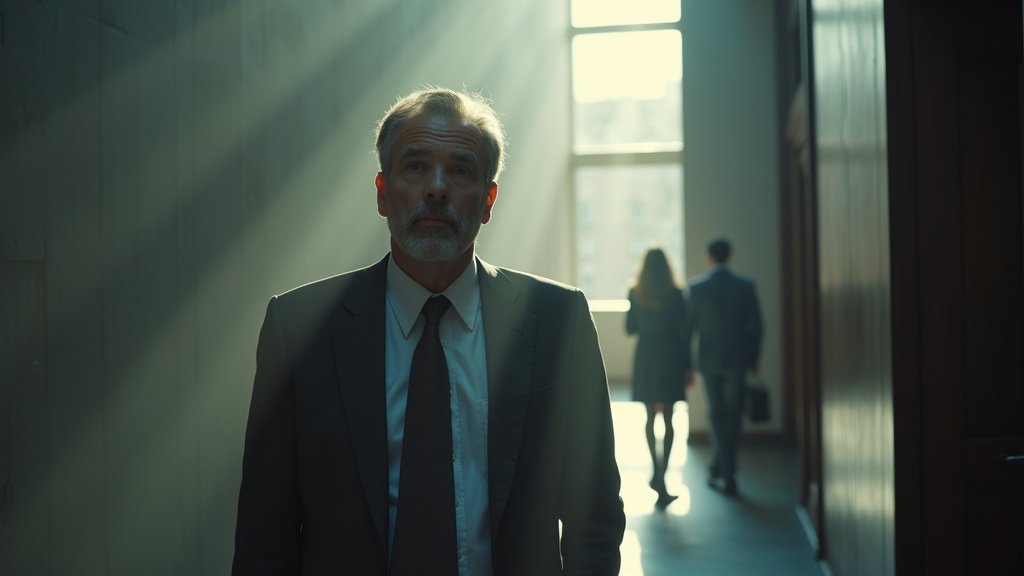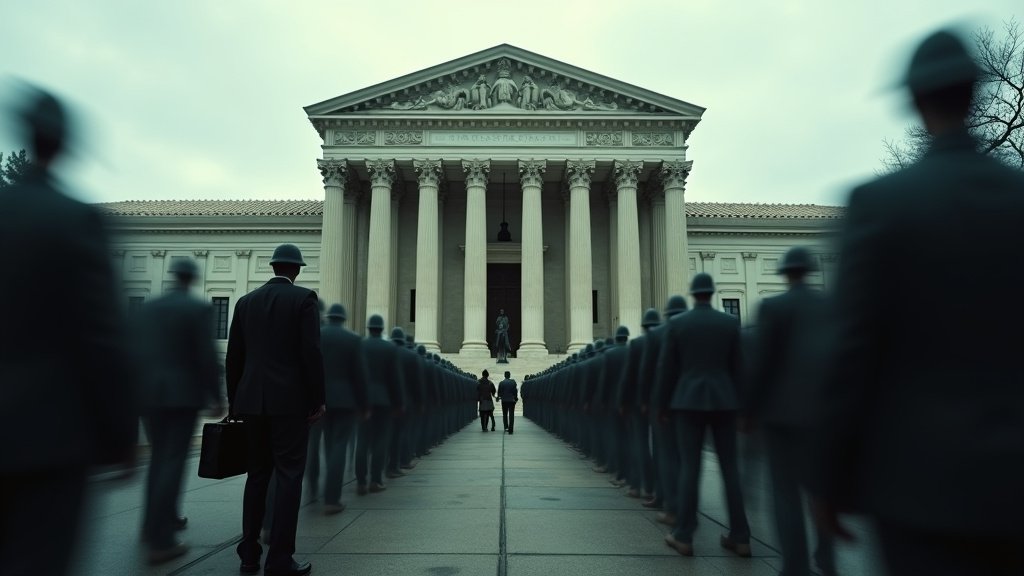A significant legal victory has been achieved for Nicholas McGuffin, an Oregon man who will receive more than $14 million in settlements following his wrongful conviction for the 2000 death of his girlfriend, Leah Freeman. The groundbreaking resolution includes a substantial payout from the Oregon State Police forensic lab, which failed to disclose crucial DNA evidence, and from the city of Coquille and its police department, who led the initial investigation. This news marks a pivotal moment in Oregon’s legal history, as McGuffin has also become the first individual in the state to be granted a certificate of innocence.
Decades of Injustice: The Wrongful Conviction of Nicholas McGuffin
Nicholas McGuffin was convicted in 2011 for the manslaughter of his girlfriend, Leah Freeman, who was killed in 2000. He spent nearly a decade incarcerated before his release in 2019, following the uncovering of critical information that cast serious doubt on his conviction. The legal battle that ensued culminated in a federal civil rights lawsuit filed by McGuffin in 2020, detailing a pattern of alleged errors and misconduct by both state and local law enforcement agencies.
The Oregon State Police Forensic Lab’s Role and the Path to Innocence
A central piece of McGuffin’s exoneration and subsequent settlement is the conduct of the Oregon State Police (OSP) forensic lab. The lab agreed to pay $9 million as part of the settlement, stemming from allegations that it failed to disclose exculpatory DNA evidence in the decades-old homicide case. Court filings revealed that the OSP lab knew since 2000 that DNA belonging to another man existed, but this information was not reported to McGuffin’s defense. Instead, an analyst allegedly told the jury that no such DNA existed. This suppression of evidence directly violated McGuffin’s constitutional rights and played a critical role in his eventual exoneration in 2019.
On August 1, 2025, a judge officially granted McGuffin Oregon’s first-ever certificate of innocence, a legal declaration stating he is “innocent of all crimes for which he was wrongfully convicted.” This certification is a vital step for exonerees, helping to clear their names and records.
A $14 Million Settlement and Allegations of Misconduct
The total settlement of over $14 million is divided between the OSP forensic lab’s $9 million contribution and $5 million from the city of Coquille and its police department. McGuffin’s lawsuit accused investigators of fabricating and suppressing evidence, and employing dubious criminal profiling tactics. The settlements come after allegations that state and local law enforcement may have conspired to implicate McGuffin, potentially overlooking or undermining evidence that could have pointed to other suspects, all while garnering significant media attention.
While the settlement provides McGuffin with substantial financial compensation, none of the defendants have admitted to any wrongdoing as part of the agreement.
Systemic Issues and Oregon’s Wrongful Conviction Landscape
The case involving Nicholas McGuffin sheds light on broader concerns regarding the integrity of forensic science and law enforcement practices in Oregon. Past investigations have indeed uncovered issues within the Oregon State Police crime labs, including allegations of evidence tampering and misconduct by analysts, which have potentially affected numerous cases. The OSP lab’s internal policy at one point allowed analysts discretion on whether to disclose “low level” DNA evidence, a practice that contradicts established legal requirements for disclosing exculpatory information.
Oregon has been grappling with how to address wrongful convictions and compensate those affected. While a law passed in 2022 (SB 1584) established a framework for compensation, setting rates like $65,000 per year of wrongful incarceration, McGuffin’s settlement was reached through a civil rights lawsuit rather than a direct claim under that statute. Advocates have noted that Oregon has historically been slow to compensate exonerees, with the state’s Department of Justice sometimes challenging payout claims.
A New Beginning and an Unfinished Quest for Justice
“I’m still trying to put my life back together after all this time,” McGuffin stated on the day the settlement was made public. His experience highlights the profound and lasting impact of wrongful conviction, not only on the individual but also on their families and their ability to reintegrate into society.
Moreover, McGuffin emphasized that the pursuit of justice for Leah Freeman is not over. “I just don’t want anyone to forget about Leah because her killer is still out there,” he said, underscoring that his exoneration means the original investigation into Freeman’s death must continue.
This landmark settlement and McGuffin’s certificate of innocence represent a crucial step towards accountability and a form of redress for a grave injustice. It also serves as a stark reminder of the importance of rigorous oversight, transparency, and ethical conduct within Oregon’s law enforcement and forensic science communities. The news from Oregon provides a significant update in the ongoing news cycle surrounding wrongful convictions and the fight for justice.




